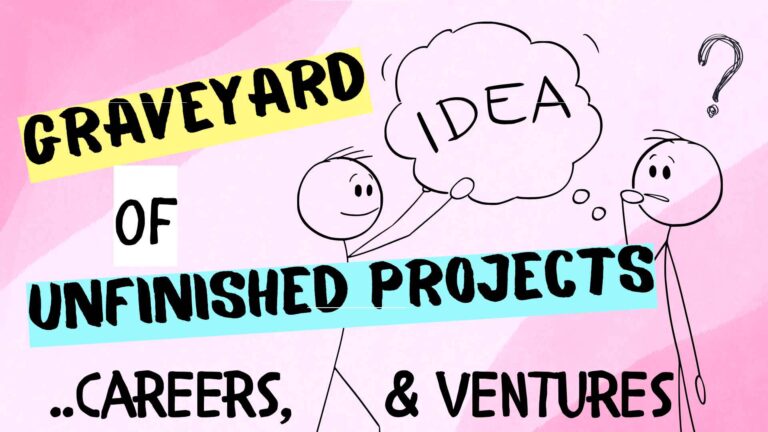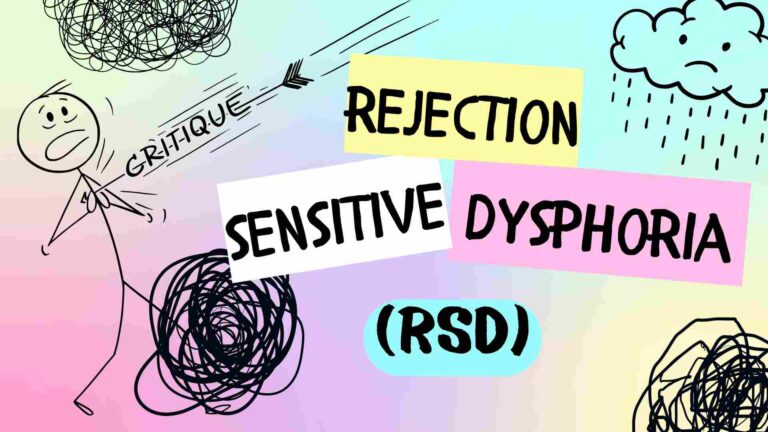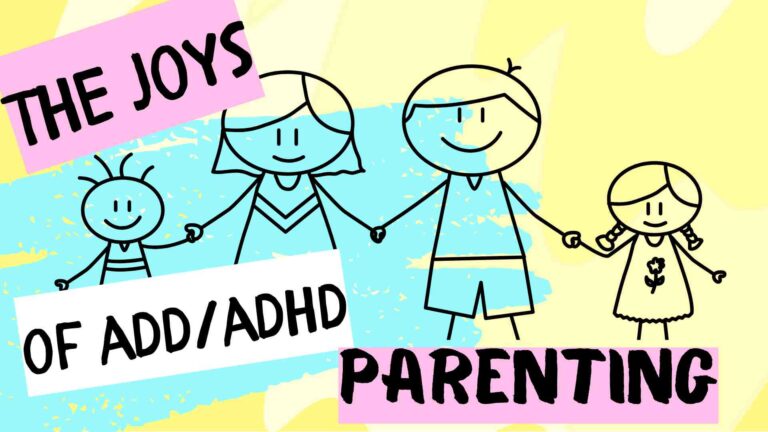Alright, let’s talk relationships. Loving someone with ADHD is a wild ride—equal parts brilliance, chaos, and “Wait, where did I put my phone?” moments. If your partner has ADHD, you’ve probably noticed that traditional relationship advice doesn’t always apply. Structure? They might resist it. Routine? Feels like a trap. Communication? Sometimes it’s a rapid-fire info dump, other times it’s radio silence.
But here’s the thing—ADHD isn’t a flaw. It’s just a different way of experiencing the world. And when you understand how your partner’s brain works, you can support them in ways that actually help instead of accidentally making things harder.
Table of Contents
- 1. Ditch the “Just Try Harder” Mentality
- 2. Be the Calm in Their Chaos
- 3. Help with Executive Dysfunction (Without Taking Over)
- 4. Understand Their Hyperfocus (and Their Distractions)
- 5. Love Them for Who They Are, Not Who You Think They Should Be
- Final Thoughts: You’re in This Together
1. Ditch the “Just Try Harder” Mentality
If you’ve ever thought, Why don’t they just focus?—congrats, you’re officially part of the club of people who don’t have ADHD. The truth is, ADHD isn’t about laziness or lack of effort. It’s a legit neurological condition that makes focus, organization, and impulse control harder.
Instead of saying, Just write it down! or You need to be more disciplined, try asking, What system actually works for you? Maybe they need reminders in a way that makes sense for their brain—like alarms, sticky notes, or a shared calendar.
2. Be the Calm in Their Chaos
ADHD brains thrive in stimulation, which means emotions can go from zero to a hundred real quick. If your partner is overwhelmed, frustrated, or spiraling into anxiety, the best thing you can do is stay steady.
Instead of matching their energy, try grounding them:
- “I hear you. Let’s take a breath and figure this out together.”
- “I know this feels like a lot, but we’ll tackle it one step at a time.”
Your calm presence can help them regulate when their brain is in overdrive.
3. Help with Executive Dysfunction (Without Taking Over)
Executive dysfunction is ADHD’s way of making simple tasks feel impossible. Your partner might struggle with starting things, remembering deadlines, or following through on plans.
Ways to help without being their parent:
- Offer gentle reminders (“Hey, do you want me to set a reminder for that?”)
- Break tasks into smaller steps (“Let’s do this one thing first, then take a break.”)
- Create shared systems (“Let’s put important dates in a calendar together.”)
The key? Support, not control. ADHD adults don’t need a babysitter—they need a teammate.
4. Understand Their Hyperfocus (and Their Distractions)
ADHD isn’t just about struggling to focus—it’s also about hyperfocus. When your partner is locked into something they love, they might forget to eat, sleep, or acknowledge your existence. It’s not personal; it’s just how their brain works.
Instead of feeling ignored, try working with their focus:
- Set check-ins (“Hey, I know you’re deep in this, but let’s take a break soon.”)
- Respect their flow (If they’re in hyperfocus mode, let them ride it out—interrupting can be jarring.)
On the flip side, distractions are real. If they forget things mid-conversation, it’s not because they don’t care—it’s because their brain is constantly processing a million things at once.
5. Love Them for Who They Are, Not Who You Think They Should Be
ADHD comes with quirks—forgetfulness, impulsivity, emotional intensity—but it also comes with creativity, passion, and a unique way of seeing the world. The best way to support your partner? Accept them fully.
Instead of trying to “fix” them, celebrate what makes them amazing:
- Their ability to think outside the box
- Their enthusiasm for the things they love
- Their deep emotions and empathy
ADHD isn’t a problem to solve—it’s a different way of being. And when you embrace that, your relationship becomes stronger, more connected, and way more fun.
Final Thoughts: You’re in This Together
Supporting a partner with ADHD isn’t about changing them—it’s about understanding them. When you work with their brain instead of against it, you create a relationship built on trust, patience, and mutual respect.
It’s hard, but it’s worth it. Isn’t that so for every great relationship?
Hang in there! -Renee




